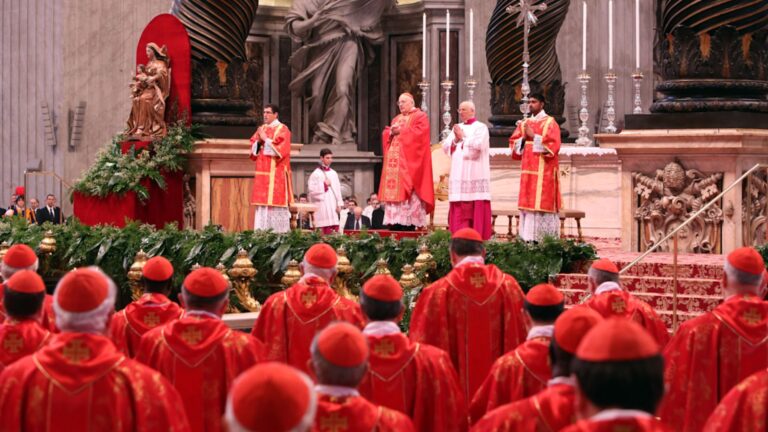—- * * FOR NEW STUDENTS ** ————————————— ————
- What industry do you work in and what is your role?
- What are your responses in your role / position?
- Can you describe to the function of your workplace / company?
- How many departments, how many offices. National or International?
- What are the minimum requirements for employment ie Education or Experience?
- How many opportunities are there to ‘move up the ladder’?
- What is the process for changing job roles ie Interview? Test?
————————————————– —— ——————————————– ——- —
General discussion about your workweek:
- Current projects? Deadlines? Opportunities?
- Anything of interest happening?
————————————————– —— ——————————————– ——–
Script
1. TOKYO — Prime Minister Shinzo Abe of Japan said on Friday that he was resigning because of ill health, thrusting his country, during a global pandemic, into a new period of political uncertainty after a record-setting tenure that provided unaccustomed stability at the top.
2. Mr. Abe, 65, announced his decision to step down just four days after he had set a record for the longest uninterrupted run as Japanese leader — nearly eight years — but before he had achieved some of his most cherished ambitions.
3. Since taking over at the end of 2012 as the sixth prime minister in five years, he had overseen Japan’s recovery from a devastating earthquake, tsunami and nuclear disaster, restored the country to a semblance of economic health, and curried favor with an unpredictable American president, Donald J. Trump.
4. Yet despite his long hold on power — it was his second stint as prime minister, having held the post from 2006 to 2007 — Mr. Abe fell short of his ultimate goal of revising the pacifist Constitution installed by the United States after World War II. He was also unable to secure the return of contested islands claimed by both Japan and Russia so that the two countries could sign a peace treaty to officially end the war.
5. And in an often emotional news conference Friday evening, Mr. Abe expressed regret for a third unfulfilled ambition: securing the return of Japanese citizens kidnapped by North Korea decades ago. Explaining his decision to step aside, Mr. Abe told reporters that he had suffered a relapse of the bowel disease that led him to resign after just a year during his first stint in office.
6. He said that he wanted to make way for a new leader who could focus fully on tackling the coronavirus pandemic and other challenges and that he felt the timing was right because Japan had seemed to have gotten its second wave under control.
7. “I don’t want to make mistakes in important political decisions” while undergoing treatment, Mr. Abe said. “I decided I shouldn’t continue sitting in this seat as long as I cannot respond to the mandate of the people with confidence.”
8. His conservative governing party, the Liberal Democratic Party, is expected to elect a leader within coming days or weeks, according to NHK, the public broadcaster. Mr. Abe’s term was set to expire in September 2021.
9. The leading candidates to replace Mr. Abe include Taro Aso, the long-serving deputy prime minister and a former prime minister; Yoshihide Suga, the chief cabinet secretary to Mr. Abe; Shigeru Ishiba, a former defense minister who once ran against Mr. Abe for party leader; and Fumio Kishida, a former foreign minister. Mr. Abe declined to name a favorite, saying they were all “very promising.”
10. The Japanese news media had been speculating about Mr. Abe’s health for weeks, particularly after he significantly dialed back public appearances as a new wave of coronavirus infections erupted in clusters throughout the country. When Mr. Abe visited a hospital twice in the span of a week, the rumor mill went into overdrive.
11. Earlier on Friday, Mr. Suga had reassured reporters that Mr. Abe intended to remain in office. “The prime minister himself has said he would like to work hard again from now on, and I’m seeing him every day,” he said, adding that the prime minister’s health “remains unchanged.”
12. But Mr. Abe said he had actually decided on Monday, after a visit to the hospital, that he should resign, although he said he would stay until a successor was chosen. “As I’m in the middle of treatment, I judged that this is the only timing that will not create a vacuum of political leadership,” he said.
1. What will he be best remembered for?
2. How do you think Japans relationship will change with other countries under a different leader? Why?
3. Who do you think would make a good Prime minister (inside the current party OR other)?
4.
Who do you think was the greatest prime minister historically?
Phonetic Chart




